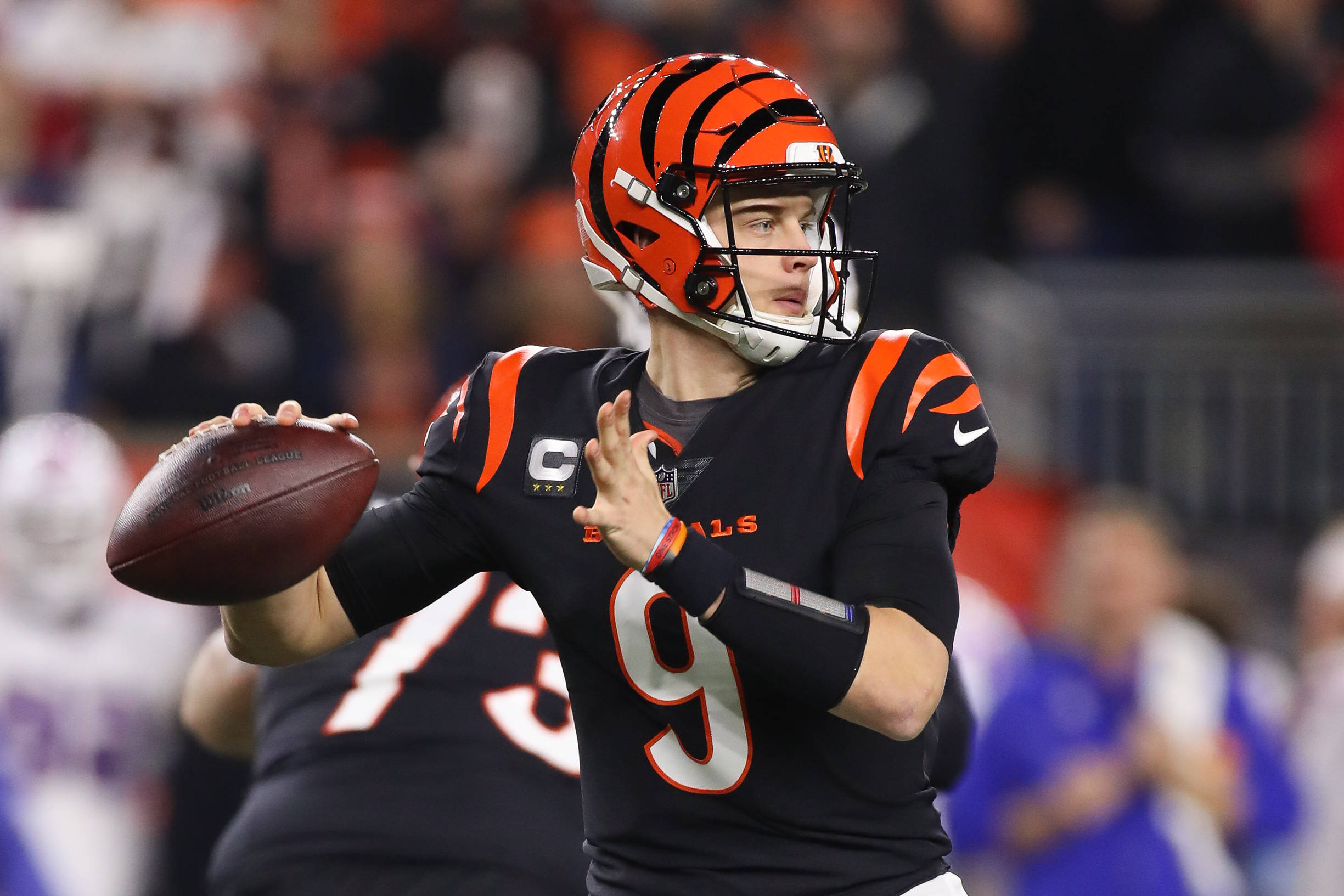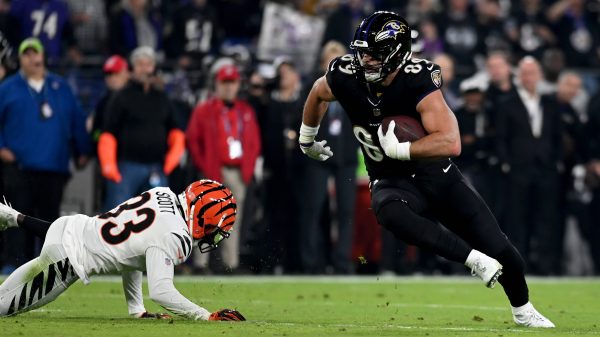Flag football is a popular sport that offers a fun and exciting way to build muscular strength. It is a non-contact version of American football, where instead of tackling opponents, players remove a flag or flag belt from the ball carrier to end a play. This form of football is not only enjoyable but also provides numerous physical fitness benefits. In this article, we will explore the various ways in which flag football can improve physical fitness, including its impact on different muscle groups, cardiovascular endurance, agility, and balance. We will also provide training tips, discuss the importance of nutrition and hydration, and highlight the social and mental health benefits of playing flag football.
Key Takeaways
- Flag football is a fun way to build muscular strength.
- Flag football can improve physical fitness and build muscles in different parts of the body.
- Cardiovascular endurance is important in flag football.
- Agility and balance play a role in building muscular strength through flag football.
- Nutrition, hydration, injury prevention, and recovery strategies are important for optimal performance in flag football.
The Benefits of Flag Football for Physical Fitness
Flag football is an excellent way to improve physical fitness due to its dynamic nature and the variety of movements involved. It combines elements of running, jumping, throwing, and catching, which engage multiple muscle groups and promote overall strength development. Unlike traditional weightlifting exercises that isolate specific muscles, flag football requires the use of various muscle groups simultaneously, leading to functional strength gains.
Compared to other forms of exercise, flag football offers several advantages. It is a team sport that encourages social interaction and camaraderie, making it more enjoyable and motivating than solitary workouts. Additionally, the fast-paced nature of the game keeps players engaged and focused, providing a cardiovascular workout that can improve heart health and burn calories. The constant change in direction and speed also enhances agility and coordination.
How Flag Football Can Help Build Muscles in Different Parts of the Body
Flag football engages several muscle groups throughout the body, leading to overall muscular strength development. The lower body muscles are heavily involved in running, jumping, and changing direction. The quadriceps, hamstrings, glutes, and calves are all activated during these movements. To specifically target these muscles outside of flag football games, exercises such as squats, lunges, and calf raises can be incorporated into a training routine.
The upper body muscles are also utilized in flag football, particularly during throwing and catching. The shoulders, chest, back, and arms are all involved in these actions. To strengthen these muscles, exercises such as push-ups, pull-ups, and dumbbell presses can be performed. Additionally, grip strength is essential for flag football players to secure the ball and remove flags from opponents. Grip strength can be improved through exercises such as farmer’s walks, wrist curls, and deadlifts.
The Importance of Cardiovascular Endurance in Flag Football
| Metrics | Description |
|---|---|
| Heart Rate | The number of times your heart beats per minute during exercise. |
| VO2 Max | The maximum amount of oxygen your body can use during exercise. |
| Endurance | The ability to sustain physical activity for an extended period of time. |
| Recovery Time | The amount of time it takes for your heart rate to return to normal after exercise. |
| Performance | The ability to perform at a high level during a flag football game. |
Flag football is a high-intensity sport that requires bursts of speed and endurance. By participating in regular flag football games or practices, players can improve their cardiovascular endurance. The constant running, sprinting, and change of direction elevate heart rate and increase oxygen consumption, leading to improved cardiovascular fitness over time.
Improved cardiovascular endurance has numerous benefits for overall health. It strengthens the heart muscle, improves blood circulation, and lowers the risk of cardiovascular diseases such as heart attacks and strokes. It also enhances lung capacity, allowing for more efficient oxygen exchange during physical activity. Additionally, increased cardiovascular endurance can lead to better stamina and reduced fatigue during flag football games or other physical activities.
The Role of Agility and Balance in Flag Football for Building Muscular Strength
Agility and balance are crucial components of flag football that contribute to building muscular strength. Agility refers to the ability to change direction quickly and efficiently, while balance refers to maintaining stability during movements. Both agility and balance require the activation of various muscle groups and promote overall strength development.
Flag football involves frequent changes in direction, requiring players to accelerate, decelerate, and change direction rapidly. These movements engage the lower body muscles such as the quadriceps, hamstrings, glutes, and calves. To improve agility and balance outside of flag football games, exercises such as ladder drills, cone drills, and lateral movements can be incorporated into a training routine.
Training Tips for Building Muscular Strength through Flag Football
To effectively build muscular strength through flag football, it is important to incorporate the sport into a well-rounded workout routine. Here are some training tips to maximize the benefits of flag football for muscular strength development:
1. Play regularly: Consistency is key when it comes to building muscular strength. Aim to play flag football at least two to three times per week to ensure regular engagement of the muscles.
2. Incorporate strength training exercises: In addition to playing flag football, include strength training exercises that target specific muscle groups. This will help to further develop muscular strength and prevent muscle imbalances. Focus on exercises such as squats, lunges, push-ups, pull-ups, and core exercises.
3. Warm up and cool down properly: Before engaging in flag football games or workouts, it is important to warm up the muscles and prepare the body for physical activity. Dynamic stretches and light cardio exercises can help increase blood flow and flexibility. Similarly, cooling down with static stretches after playing can help prevent muscle soreness and promote recovery.
4. Vary intensity and duration: To challenge the muscles and promote muscular strength development, vary the intensity and duration of flag football games or workouts. Incorporate high-intensity intervals, where players sprint or perform explosive movements, as well as longer periods of continuous play to improve endurance.
Nutrition and Hydration for Optimal Performance in Flag Football
Proper nutrition and hydration are essential for optimal performance in flag football. The physical demands of the sport require adequate fueling before, during, and after games or workouts. Here are some suggestions for pre- and post-game meals and snacks:
1. Pre-game meals: Consume a balanced meal consisting of carbohydrates, protein, and healthy fats about two to three hours before playing flag football. This will provide the necessary energy and nutrients for sustained performance. Examples of pre-game meals include grilled chicken with brown rice and vegetables, whole wheat pasta with lean meat sauce, or a turkey sandwich on whole grain bread.
2. Pre-game snacks: If there is limited time between meals and playing flag football, opt for a light snack about 30 minutes to an hour before the game. Choose easily digestible carbohydrates such as a banana, energy bar, or yogurt with fruit.
3. Hydration: Proper hydration is crucial for flag football players to maintain performance and prevent dehydration. Drink water throughout the day leading up to the game or workout, and continue to hydrate during breaks or timeouts. Consider sports drinks if playing for an extended period or in hot weather to replenish electrolytes lost through sweat.
4. Post-game recovery: After playing flag football, it is important to replenish energy stores and aid muscle recovery. Consume a post-game meal or snack within 30 minutes to an hour after playing. Aim for a combination of carbohydrates and protein to replenish glycogen stores and promote muscle repair. Examples include a protein shake with fruit, Greek yogurt with granola, or a turkey wrap with vegetables.
Injury Prevention and Recovery Strategies for Flag Football Players
Injuries can occur in any sport, including flag football. To prevent injuries during games or workouts, it is important to take certain precautions and implement recovery strategies. Here are some tips:
1. Warm up properly: Before engaging in flag football games or workouts, warm up the muscles with dynamic stretches and light cardio exercises. This will increase blood flow and flexibility, reducing the risk of muscle strains or tears.
2. Use proper technique: Ensure that you are using proper technique when throwing, catching, running, and changing direction in flag football. This will help prevent overuse injuries and reduce the risk of sprains or strains.
3. Wear appropriate gear: Use the appropriate gear for flag football, including non-slip shoes with good traction, comfortable clothing, and flag belts that fit securely. This will help prevent slips, falls, and unnecessary injuries.
4. Rest and recover: Allow your body time to rest and recover between flag football games or workouts. This will help prevent overuse injuries and promote muscle repair. Incorporate rest days into your training routine and listen to your body’s signals of fatigue or pain.
The Social and Mental Health Benefits of Playing Flag Football
In addition to the physical fitness benefits, playing flag football offers numerous social and mental health benefits. The team aspect of the sport promotes social interaction, teamwork, and camaraderie. It provides an opportunity to meet new people, build friendships, and develop communication skills. The shared goals and challenges of flag football create a sense of belonging and community.
Flag football also has positive effects on mental health. Engaging in physical activity releases endorphins, which are natural mood boosters. Regular participation in flag football can reduce stress, anxiety, and symptoms of depression. The focus required during games or workouts can also improve concentration and cognitive function.
Why Flag Football is a Fun and Effective Way to Build Muscular Strength
Flag football is a fun and effective way to build muscular strength while enjoying the benefits of a team sport. It engages multiple muscle groups throughout the body, improves cardiovascular endurance, enhances agility and balance, and promotes overall physical fitness. By incorporating flag football into a well-rounded workout routine, players can maximize the benefits of the sport for muscular strength development. Additionally, proper nutrition, hydration, injury prevention strategies, and attention to mental health contribute to optimal performance and overall well-being. So why not give flag football a try? It’s a fun and exciting way to build muscular strength while reaping numerous physical, social, and mental health benefits.
A related article to the benefit of playing flag football is that it builds muscular strength. Check out this article on FootballR.news about the importance of building muscular strength in flag football players. Click here to read more about how flag football can help you develop strong muscles and improve your overall performance on the field.








































































































































































Recent Comments